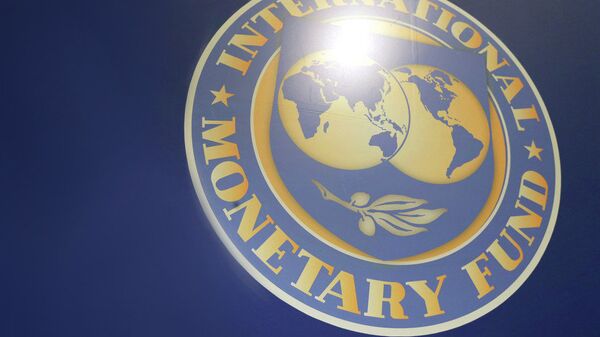The IMF was set up in 1945, and is accountable to the 188 countries that make up its near-global membership. It is funded by a quota system on all its member states so that it is able to borrow, lend and create credit facilities and similar financial instruments. It has all the resources to single-handedly bail out Greece.
IMF publishes Greece Debt Sustainability Analysis http://t.co/TlpMVWwqaZ
— IMF (@IMFNews) July 2, 2015
In recent years it has bailed out – in some form or another – counties as diverse as Argentina, South Korea and the US.
In the US in the late 80s, reforms by its then President George H.W. Bush to the savings and loan industry left more than 1,000 lending institutions collapsed. According to the FP Group:
"The underlying causes of the crisis are complex and disputed, but most scholars generally agree that high, volatile interest rates, reckless lending practices, rapid deregulation, and lax oversight paved the way for the greatest banking disaster since the Great Depression."
The IMF was called upon to put together a bailout package estimated to be around $200 billion in August 1989.
Stagflation and Bankruptcies
Way back in 1976 the British Government led by labour Prime Minister James Callaghan faced a Sterling crisis, during which the value of the pound crashed. The country was in stagflation – rising unemployment and inflation that reached a post-war high of more than 25%. Callaghan eventually went cap-in-hand to the IMF for a £2.3 billion rescue package — the largest-ever call on IMF resources up to that point. More importantly, it had to agree to a painful round of austerity cuts, the likes of which Greece is experiencing today.
South Korea was bailed out in December 1997 with a package of loans worth around $55 billion when its currency collapsed and thousands went bankrupt. As usual with the IMF, the South Korean government was forced to endure higher interest rates and impose stricter regulations on its banking system.
In South America, Brazil was forced to accept IMF aid to the value of $41 billion after investor panic and other financial crises sent its currency crashing. Like Greece, today, the country was forced to cut spending and raise taxes.
Nine Key Questions on #Greece. http://t.co/nUhWnPwrXx
— IMF (@IMFNews) July 1, 2015
As Athens takes stock of its position on Monday, ahead of tomorrow’s Eurozone meeting, which will have to decide on how much European aid it can offer Greece, it may be that it is the IMF, in the end, which will offer the best long-term chance of financial stability




